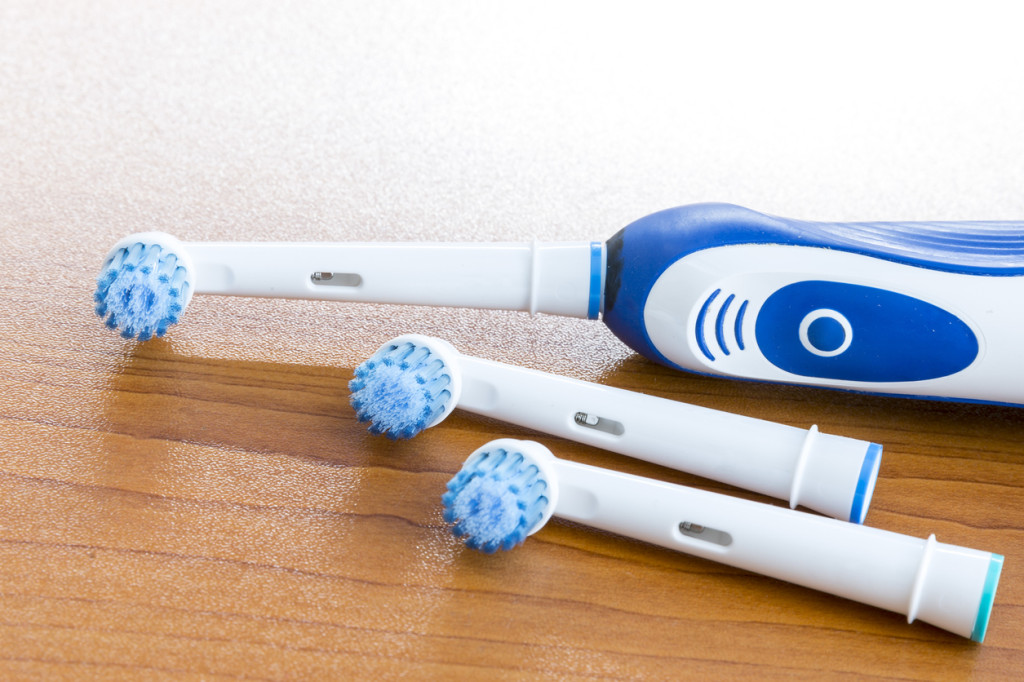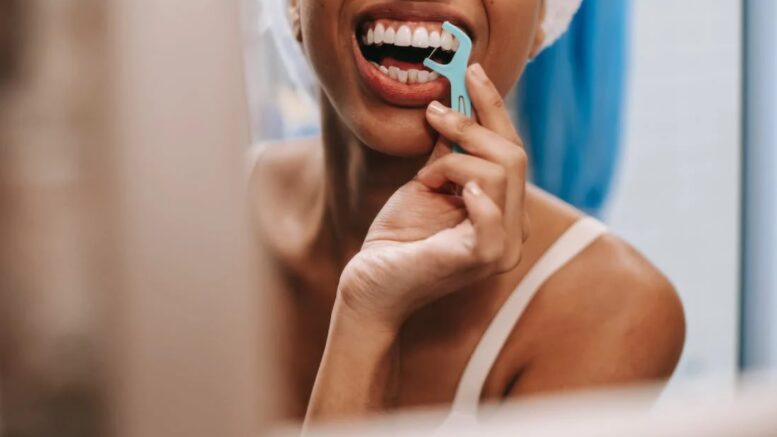Taking care of your veneers is essential to maintaining oral health and appearance. Veneers are a popular cosmetic dentistry option that can help improve your teeth’s shape, size, and color.
What Are Veneers Made Out Of?
A lot of materials can be used as a base for creating veneers. However, porcelain and composite resin are the most common choices.
Porcelain veneers are made of thin shells of porcelain that are custom-made to fit your teeth. They are created in a dental laboratory. Afterward, they’re then bonded to the front surface of your teeth.
Porcelain is a durable material that closely resembles the look and feel of natural teeth. Because of how strong and natural looking they are, porcelain veneers are a popular choice for many. You can make a veneer last for a lifetime with proper care and maintenance.
On the other hand, composite resin veneers are made of a tooth-colored material that is applied directly to the front surface of your teeth. This material is then molded to create a natural-looking appearance. Although composite resin veneers are more affordable than porcelain veneers, they’re less durable. You might need to replace them more often compared to porcelain veneers.
The material for your veneers will depend on your needs, goals, and budget. Your dentist will then present options to help you choose the best material. With that said, veneers can look great for a long time. If you want your veneers to last longer, read on for more tips below.
Visit Your Dentist Regularly
Regular dental appointments are important for maintaining your oral health, including your veneers. During a dental appointment, your dentist will examine your veneers to make sure they are in good condition and identify any potential issues early on, such as chips or cracks, that may require repair.
Your dentist will also clean your veneers, removing any surface stains and polishing them to help maintain their appearance. If you need help with dental health and skin care, save time by visiting a Dental + Skin Clinic. Instead of hopping from one clinic to the other, you’ll have all you need there.
The frequency of dental appointments for veneers depends on your individual needs and the recommendation of your dentist. Many believe that you should at least visit your dentist for your veneers at least once or twice a year. Although once or twice a year visits are recommended, don’t let those lengthy intervals prevent you from visiting your dentist as often as you need to help with your dental health.
Brush and Floss Regularly
Like natural teeth, veneers require proper brushing and flossing to maintain their appearance and prevent decay. Brush twice daily for at least two minutes, and floss daily to remove any food particles or plaque that can accumulate around your veneers.
Use a Non-abrasive Toothpaste
To avoid scratching or damaging your veneers, use non-abrasive toothpaste when brushing. Abrasive toothpaste can cause microscopic scratches on the surface of your veneers, making them more susceptible to discoloration and staining over time.

Avoiding Certain Foods and Drinks
Coffee, cola, red wine, dark-colored fruits and vegetables, tea, and certain foods can all cause stains on your veneer over time. These foods contain chromogens, which are intense color pigments that can easily attach to the surface of your veneers. Additionally, these foods can be acidic. Lemons, oranges, and other citrus fruits contain citric acid. Citric acid can erode even the enamel and the outer layer of the veneer, making it susceptible to staining.
It’s important to note that veneers are not as porous as natural teeth, but they can still be affected by staining over time. Therefore, it’s best to rinse your mouth with water after consuming staining foods and drinks or brush your teeth, if possible, to help reduce the risk of staining. Additionally, regular dental cleanings can help remove surface stains before they become too noticeable.
Wear a Mouthguard if You Grind Your Teeth
Bruxism is the unconscious grinding or clenching of your teeth. With this condition, your veneers can get chipped, cracked, or dislodged. It can be costly and time-consuming to repair damaged veneers due to bruxism. When you have this condition, wearing a mouthguard to protect your veneers from damage is important.
Here are some additional tips to consider if you have bruxism:
Practice Relaxation Techniques
Stress is a common trigger for bruxism. Deep breathing exercises, yoga, or meditation are effective exercises to prevent the anxiety that may trigger bruxism.
Avoid Hard or Chewy Foods
Hard or chewy foods can put excessive pressure on your veneers and increase the risk of damage. Try to avoid these foods or cut them into smaller pieces before eating.
Talk to Your Dentist
Don’t be afraid or ashamed to meet with your dentist if you have bruxism. Your dentist may recommend a mouthguard that’s specially customized for you. They could also discuss other treatment options with you to help protect your veneers and prevent further damage.
Conclusion
By following these tips, you can help ensure your veneers last a long time and maintain their appearance. Remember to take good care of your veneers, and they’ll continue to enhance your smile for years to come.
